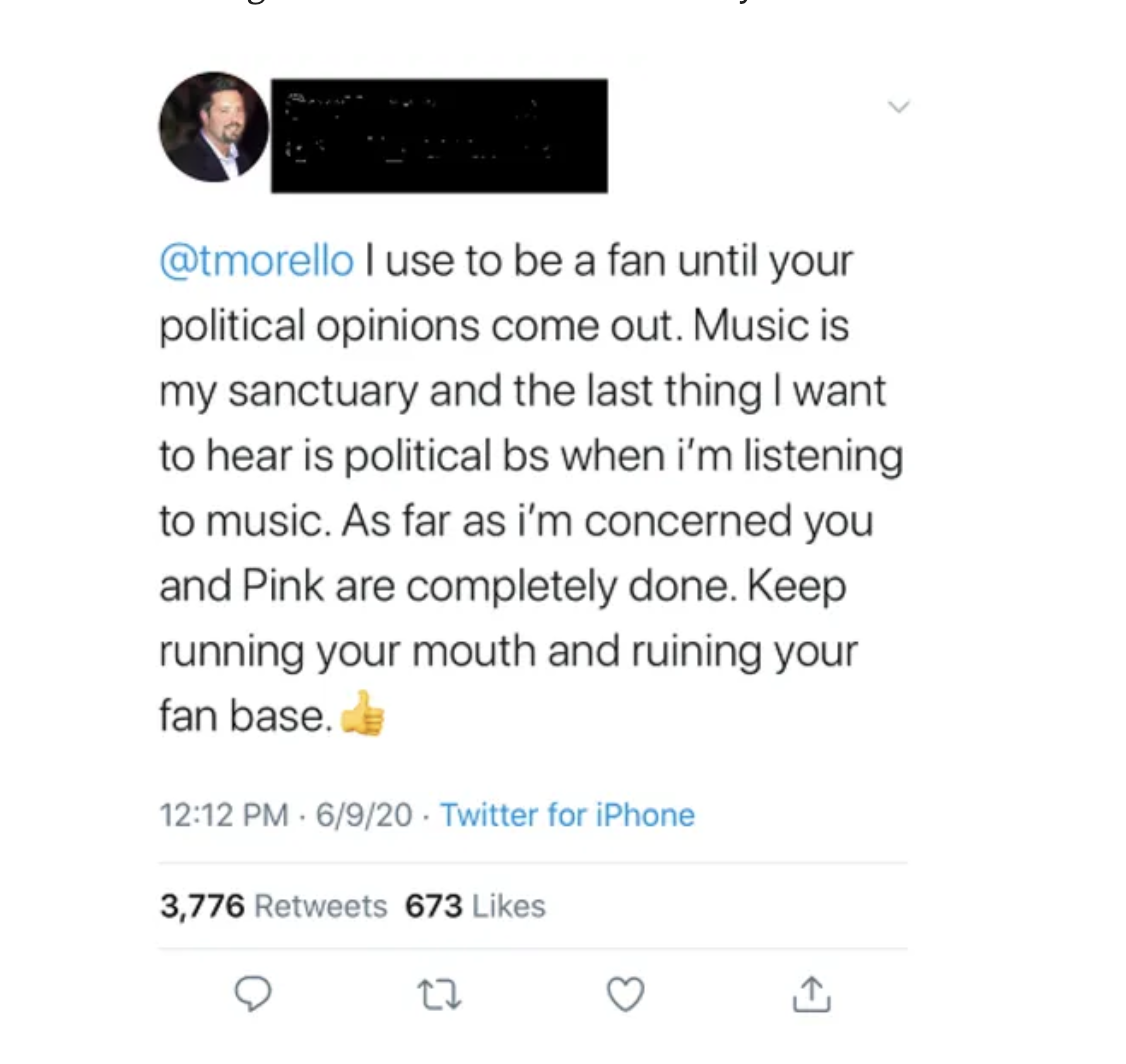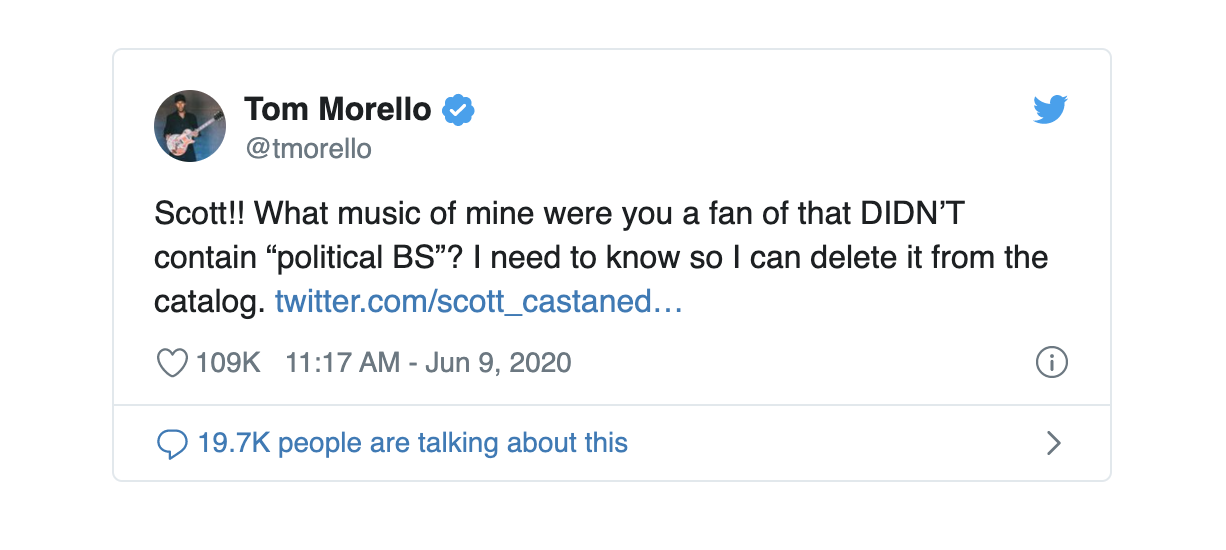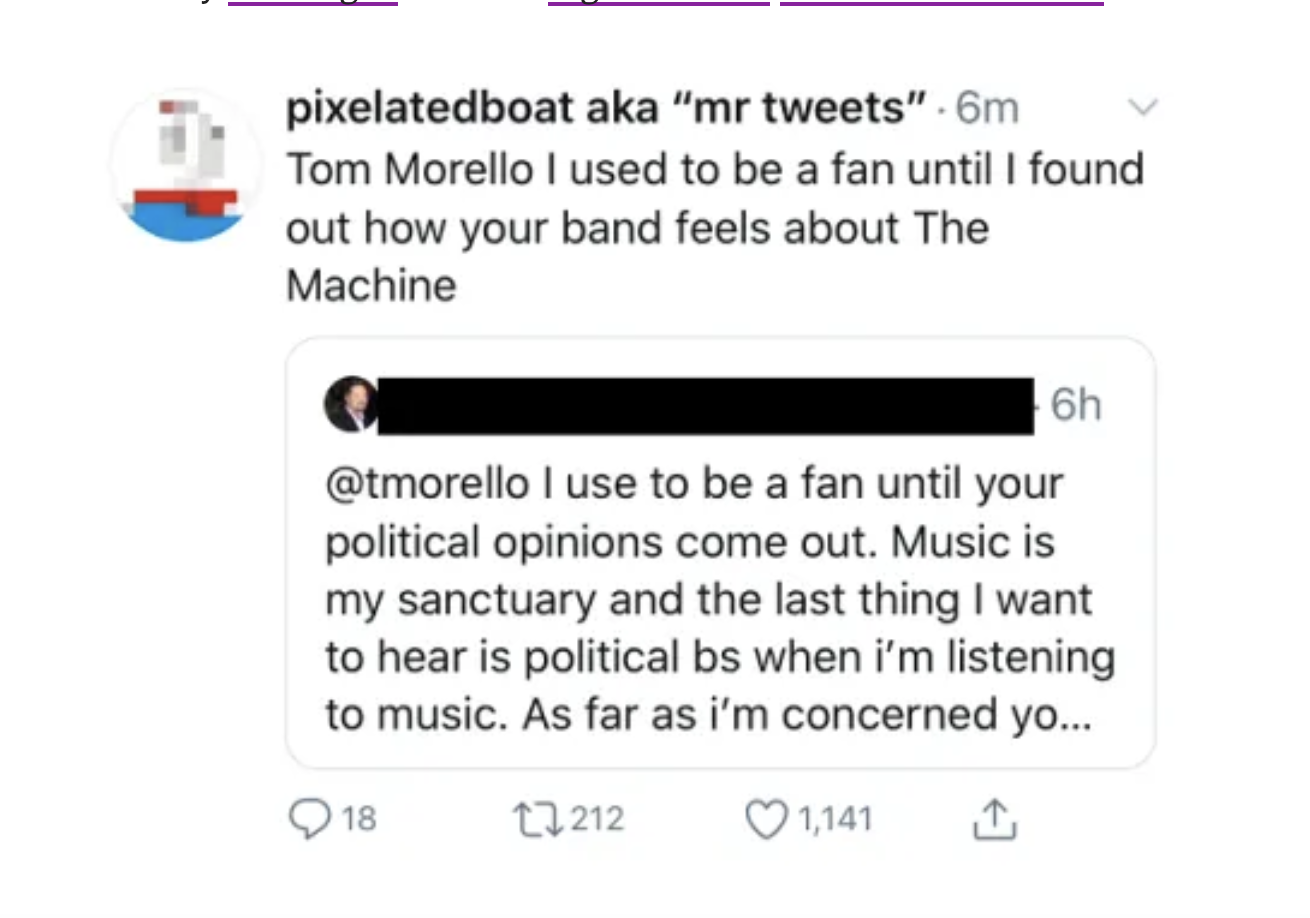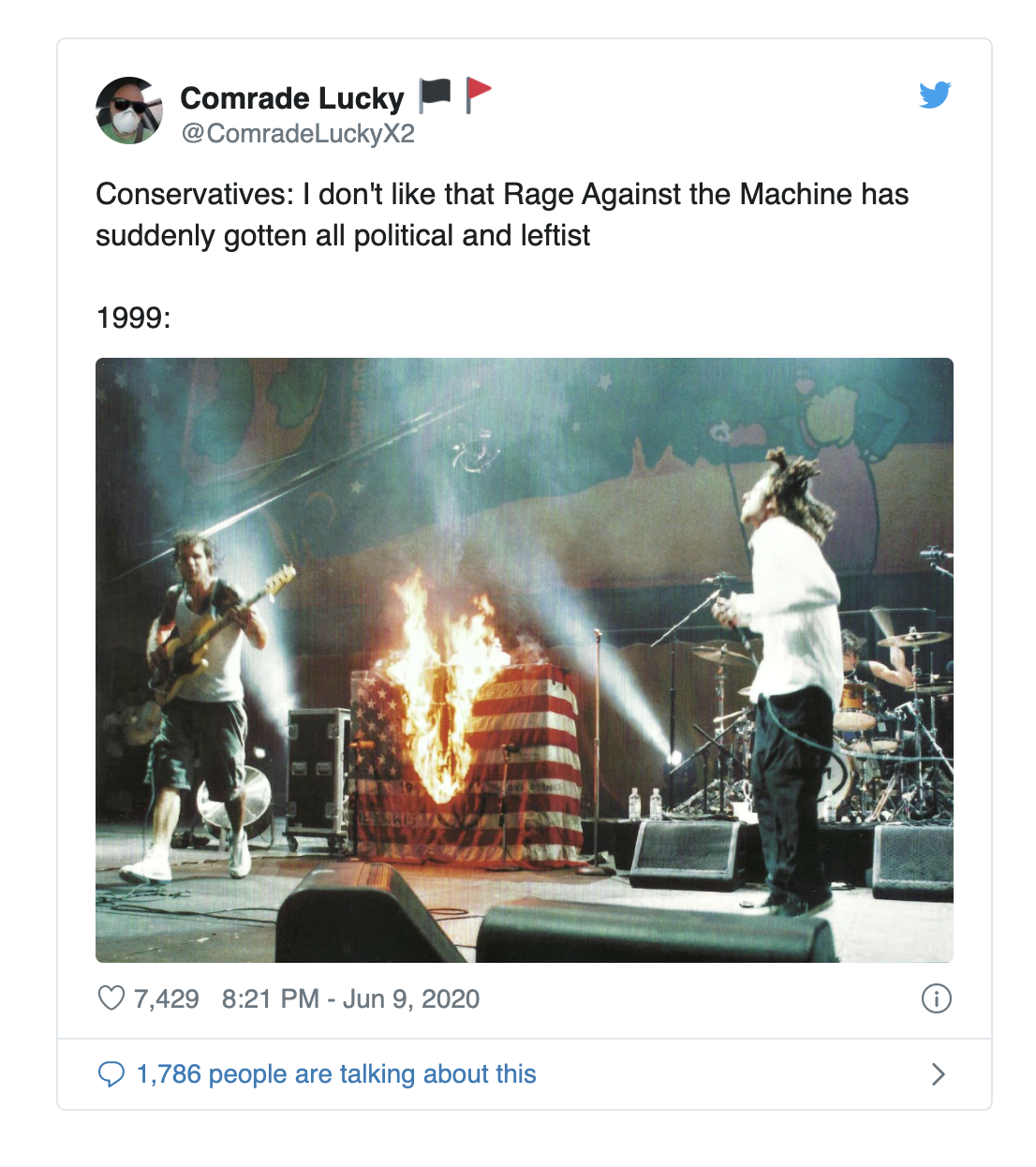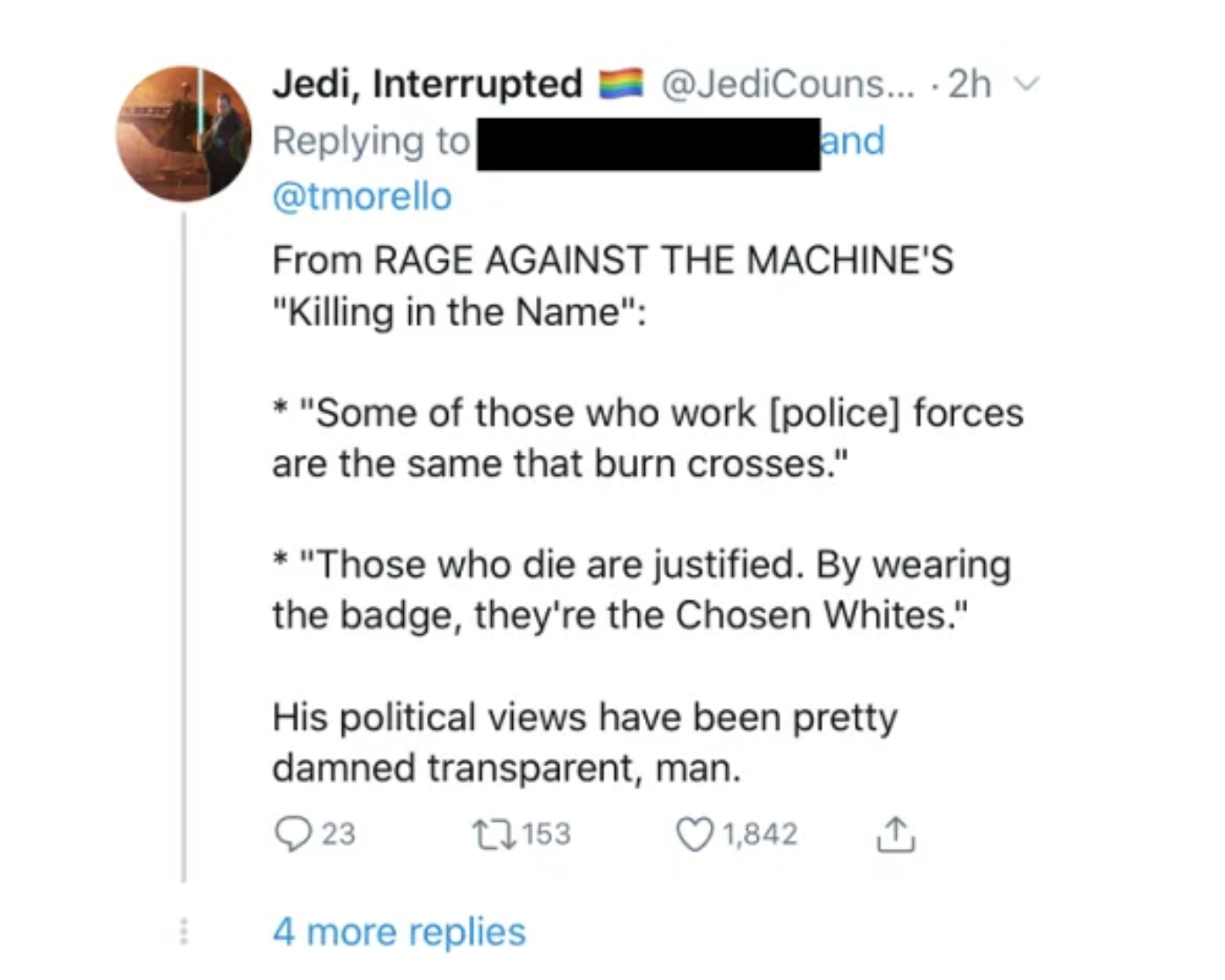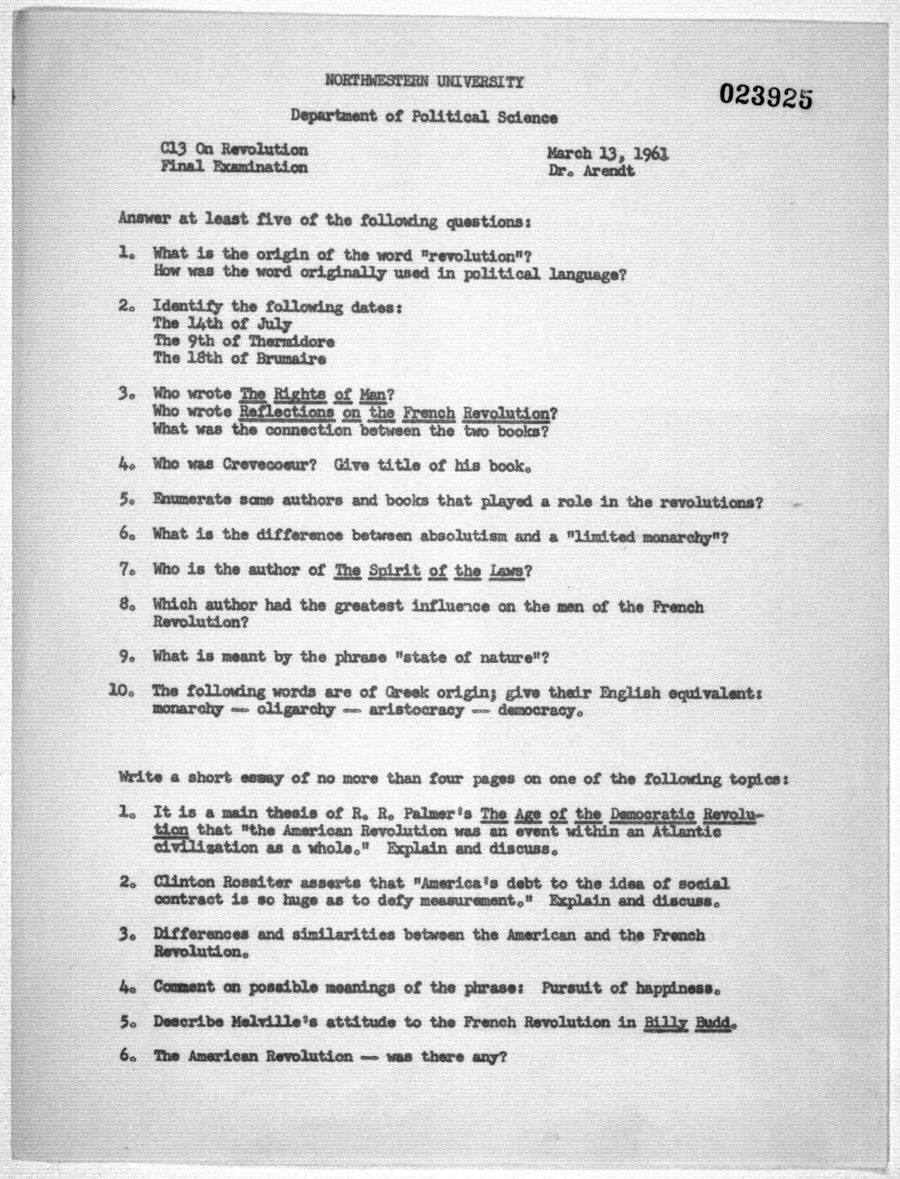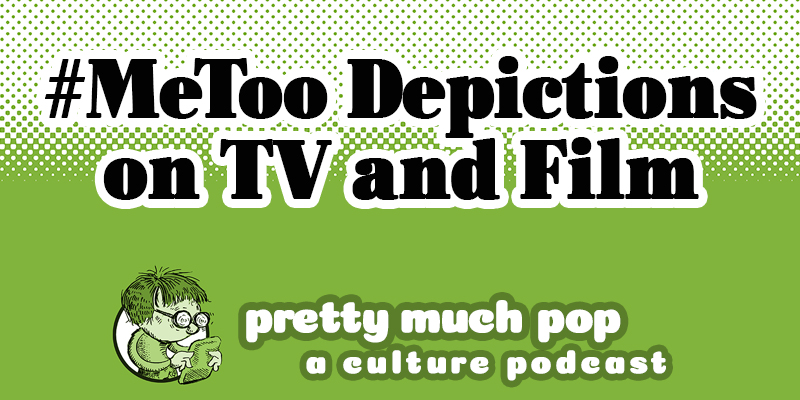Extremist: in any political squabble, and especially any online political squabble, the label is sure to get slapped on someone sooner or later. Of course, we never consider ourselves extremists: it’s the parameters of acceptable political discussion that wrongly frame our entirely reasonable, truth-informed views. But what if we were to embrace the extreme? “What we never hear about extremism is its advantages,” says Monty Python’s John Cleese in the television advertisement above. “The biggest advantage of extremism is that it makes you feel good because it provides you with enemies.” When you have enemies, “you can pretend that all the badness in the whole world is in your enemies and all the goodness in the whole world is in you.”
If you “have a lot of anger and resentment in you anyway,” you can justify your own uncivilized behavior “because these enemies of yours are such very bad persons, and that if it wasn’t for them, you’d actually be good-natured and courteous and rational all the time.” Sign on with the “hard left,” Cleese says, and you’ll receive “their list of authorized enemies: almost all kinds of authority, especially the police, the City, Americans, judges, multinational corporations, public schools, furriers, newspaper owners, fox hunters, generals, class traitors — and of course, moderates.” If you prefer the “hard right,” they have a list of their own, one including “noisy minority groups, unions, Russia, weirdos, demonstrators, welfare sponges, meddlesome clergy, peaceniks, the BBC, strikers, social workers, communists — and of course, moderates.”
As Cleese tweeted this past weekend, “Hard to tell if I recorded this 30 years or 10 minutes ago.” In fact he recorded it more than 30 years ago, as an endorsement of the centrist SDP-Liberal Alliance between the United Kingdom’s Social Democratic Party and Liberal Party. Having formed in 1981 and gone defunct by 1988 (when it became the party now known as the Liberal Democrats), the SDP-Liberal Alliance leaves little in the way of a legacy, but this clip has only grown more relevant with time. As an extremist, Cleese reminds us “you can strut around abusing people and telling them you could eat them for breakfast and still think of yourself as a champion of the truth, a fighter for the greater good, and not the rather sad, paranoid schizoid that you really are” — a statement that, uttered in our internet era, would surely make more than a few enemies.
Related Content:
John Cleese Creates Ads for the American Philosophical Association
John Cleese Plays the Devil, Makes a Special Appeal for Hell, 1966
Based in Seoul, Colin Marshall writes and broadcasts on cities, language, and culture. His projects include the book The Stateless City: a Walk through 21st-Century Los Angeles and the video series The City in Cinema. Follow him on Twitter at @colinmarshall, on Facebook, or on Instagram.
